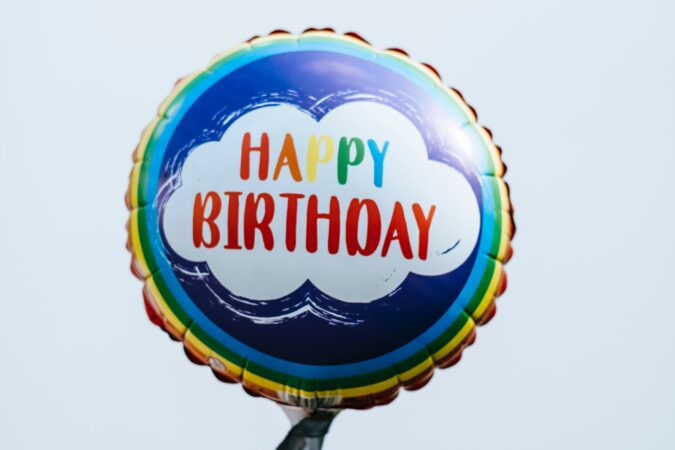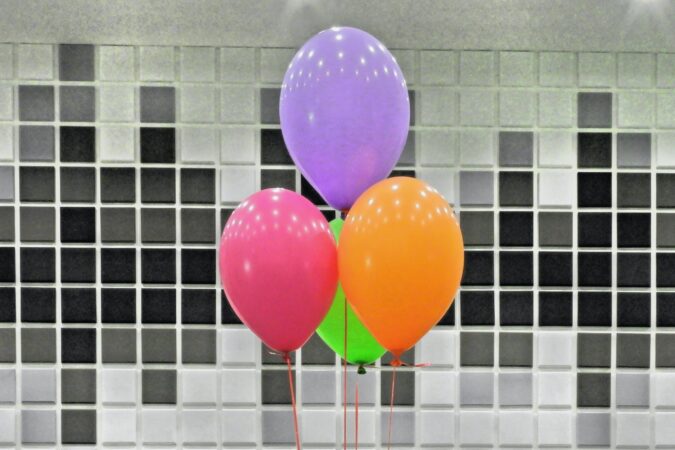4 Big Waste Management Changes and Trends in 2025
2025 will be a year of change for the world of waste. Learn about four big waste management changes and trends your business should be aware of in 2025.
Around 8 out of 10 party stores think banning plastic balloon sticks isn’t a priority, according to our research. Many can’t get down with the idea and believe the focus should be on banning or finding recyclable solutions for more common plastic waste types instead. This includes the millions of crisp packets and plastic packaging thrown away every day.
The UK government extends the single-use plastic ban from 1 October 2023 to cover single-use plastic plates, trays, bowls, cutlery, and balloon sticks – as well as polystyrene food and drink containers. Businesses must not supply, sell, or offer them online or over the counter (including new and existing stock).
It’s a positive step forward to reduce the UK’s plastic waste and litter, as single-use plastics make up around 20% of all litter found on UK beaches[1]. However, balloon sticks are responsible for less than 1% of litter on beaches and a tiny amount of the country’s overall plastic waste[2]. Party planners, entertainers, and retailers believe to make a real difference the ban should focus on other non-recyclable items.
“Banning single-use plastics is important to prevent them ending up in landfill and contributing to pollution,” said Business Waste representative Mark Hall. “Switching from plastic balloon sticks to recyclable and biodegradable alternatives is great. However, many other disposable plastics are much more of a problem for the environment than balloon sticks, like the millions of crisp packets thrown away every day.”

In England every year 16 million single-use plastic balloon sticks are used, while 8.3 billion packets of crisps[3] are sold in the UK annually. Every day 16 million crisp packets are eaten in the UK – creating as many items of waste in 24 hours as balloon sticks do in 365 days.
This leads to an incredible number of crisp packets in landfill, as they can’t be recycled with most domestic recycling. And crisp packets also make up much more litter, accounting for 4.37% of litter found on European beaches[4].
According to the UK-based report ‘Reducing Household Contributions to Marine Plastic Pollution’, crisp packets make up 12% of plastic items on UK beaches, while balloons and sticks only account for 1% of UK beach litter[5]. Eating and getting tangled up in plastic affects around 700 marine species[6]. And there are stories of crisp packets washing up on beaches 60 years later, such is the lasting damage they can do.
“Responsible disposal is essential to prevent balloon sticks getting into our oceans and harming sea life, but crisp packets pose as much if not a greater danger. The long and thin shape of plastic balloon sticks are a real risk as they can physically damage an animal’s digestive system. But fish, seabirds, seals, and dolphins can choke on crisp packets in the ocean and the tiny microplastics are a real hazard to their health”, adds Hall.
Balloons need sticks otherwise they’ll blow away and cause all sorts of environmental damage. With the single-use plastic ban, many alternatives are hitting the market. Businesses are switching from plastic balloon sticks to paper balloon holders or paper balloon sticks[7]. Paper balloon sticks degrade 650 times faster than plastic ones.
Currently, there are no plans to ban balloons, even though most aren’t recyclable or biodegradable. Foil balloons are an exception and TerraCycle has collection points in some Card Factory stores where consumers can recycle them.
Crisp packets are also notoriously difficult to recycle. However, crisp packet recycling is slowly becoming a thing with some supermarkets providing collection points to recycle plastic bags (including some crisp packets). This doesn’t cover all crisp packets and information, awareness, and uptake by consumers are low with a long way still to go.
Hall adds: “Developing recyclable balloon sticks, balloons, and crisp packets can help avoid this waste making its way into landfill and our oceans where it causes havoc for the environment. A better option is to find ways for businesses and homes to reduce plastic use and waste by seeking alternatives. This could be choosing different snacks that come in cardboard packaging that’s easy to recycle or using paper bunting for your next celebration instead of balloons.”

[1] https://www.mcsuk.org/news/england-latest-uk-nation-to-ban-on-the-go-single-use-plastics/
[3] https://www.bbc.co.uk/news/uk-england-norfolk-65608851
[4] https://www.partysafe.eu/fact-checker
[5] https://cdn.friendsoftheearth.uk/sites/default/files/downloads/reducing-household-plastics_0.pdf
[6] https://marinedebris.noaa.gov/why-marine-debris-problem/ingestion
[7] https://theathenanetwork.com/latex-balloons-are-not-plastic/
2025 will be a year of change for the world of waste. Learn about four big waste management changes and trends your business should be aware of in 2025.
Many businesses create more waste at Christmas than any other time of year. Enjoy a sustainable festive season with these zero waste Christmas ideas.
Get a fast FREE quote for your waste collection 0800 211 83 90